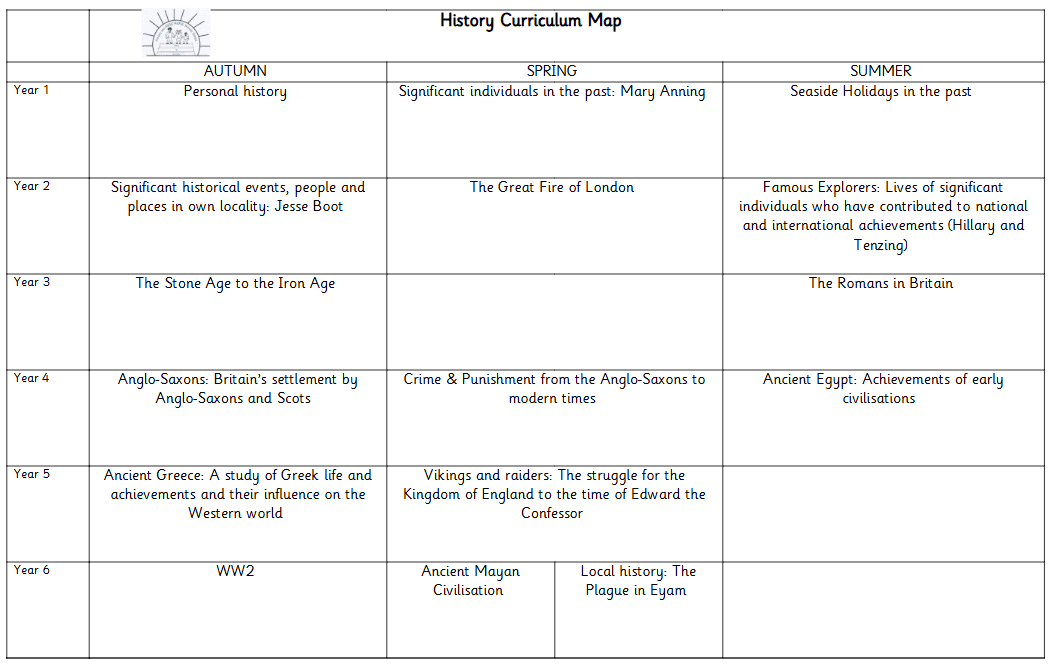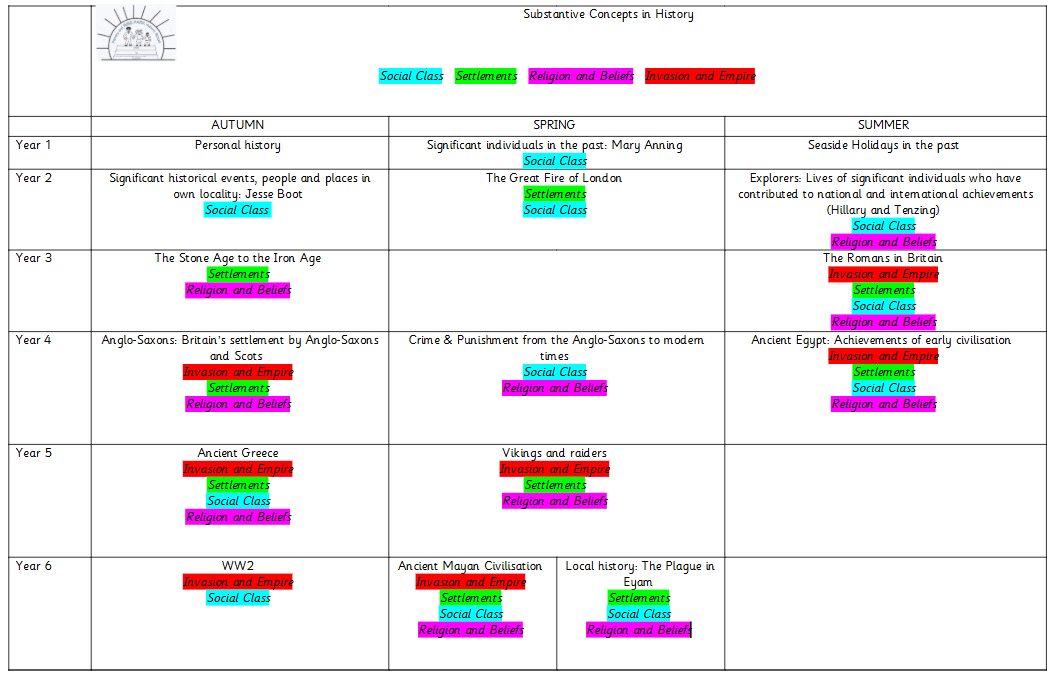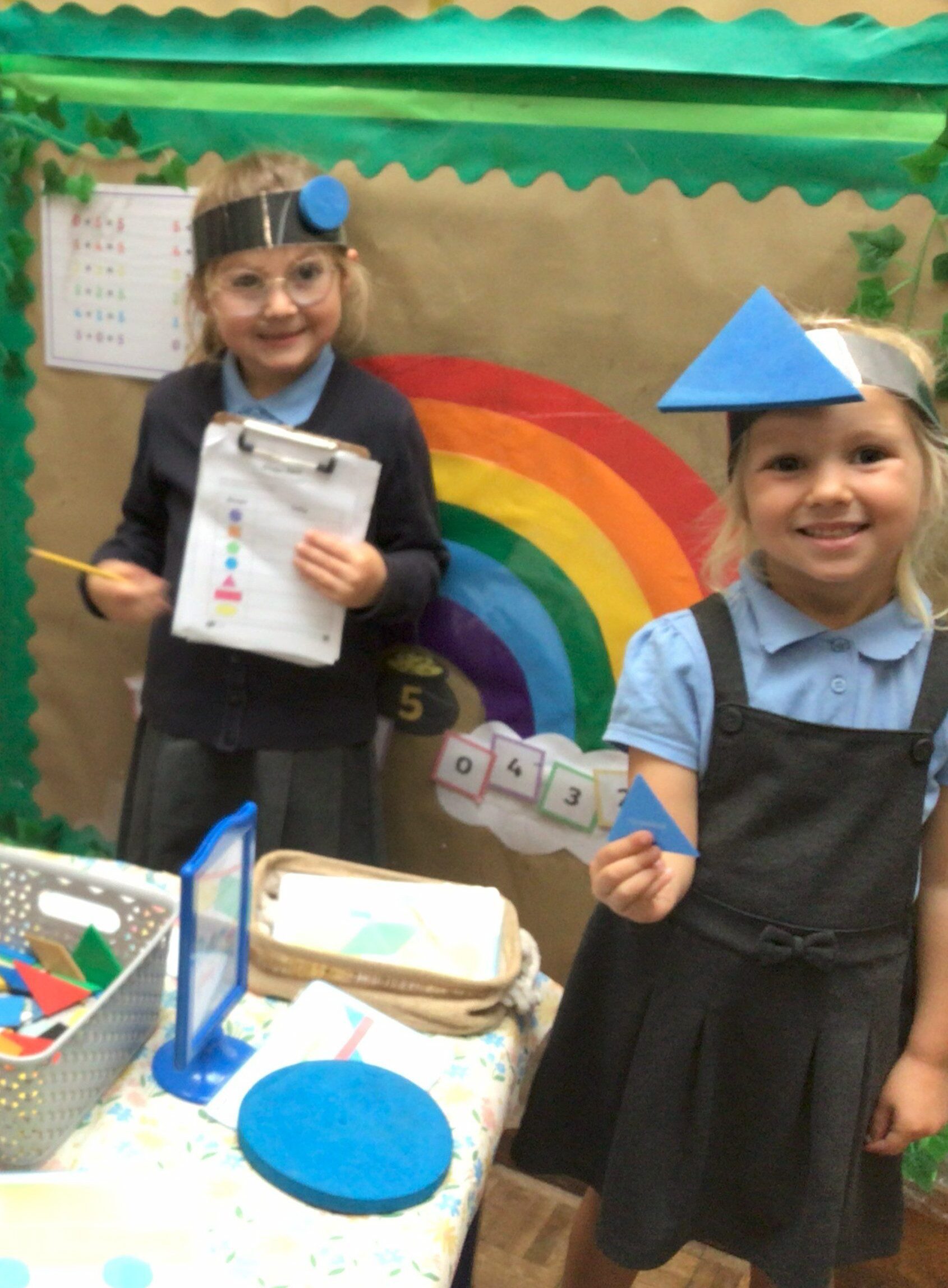History
At Rise Park, we aim for children to be eager, curious and independent historians, accessing a rich and engaging history curriculum. Children build a robust and coherent chronological understanding and are able to make comparisons between past events and modern day and understand how the past impacts the present. Across school, timelines allow the children to visualise where periods studied fit chronologically.
They develop second order concepts such as historical interpretation and enquiry, using a range of primary and secondary historical sources with a focus on enquiry-based learning.
Children progress their historical knowledge by studying periods, events and people.
Our History curriculum begins in Early Years, woven throughout the ‘Understanding the World’ theme, with opportunities to talk about the past and develop historical vocabulary.
Throughout Key Stage One, the children focus on their own personal history and begin to explore local and British historical events and significant individuals, making comparisons and considering how they have impacted our lives today.
In Key Stage Two, the children begin to study historical periods, developing a strong understanding of both British and world History and considering how they interlink.
Across all key stages, the children learn about elements of local history, including people such as Jesse Boot, events such as the Plague outbreak in Eyam and the legacy of historical periods by exploring places such as Cresswell Crags.
The History curriculum is embedded and brought to life through a wide range of exciting trips, visitors, drama workshops and Access Artefact resource boxes.



